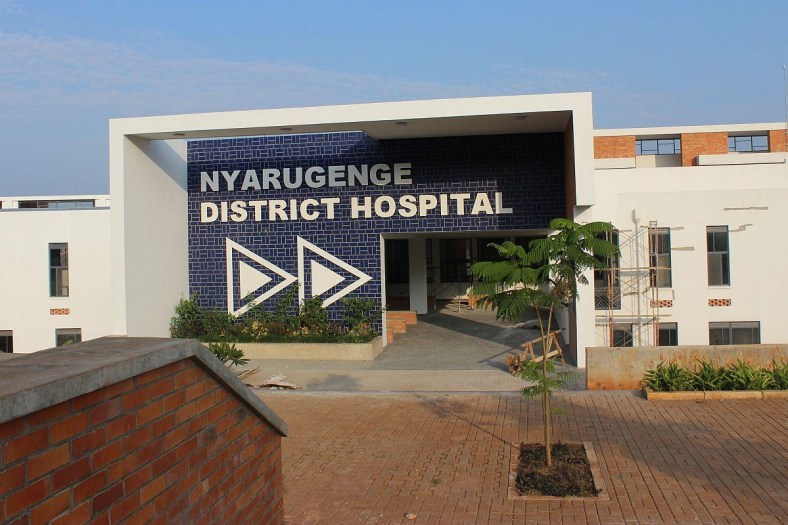This week saw the opening of a new hospital in the Rwandan capital Kigali, built with Belgian backing, MO* reports.
The Nyarugenge District Hospital will be principally used in the first instance as a national centre for cases of Covid-19. The hospital will also provide oxygen therapy and intensive care for residents of the Nyarugenge district of Kigali.
It was build with Belgian financing, administered by the Belgian development agency Enabel, the Rwandan health ministry and the city of Kigali itself.
The hospital opened in December and since last month is the country’s reference hospital for Covid-19 cases, which are on the rise in Rwanda.
Numbers have been growing since October, when the daily average was around 5-6 cases, climbing rapidly from 41 cases a day in December to a peak of 334 cases a day on 30 January. Since then the numbers have fallen again, but are still at a daily rate of about 120 new cases a day.
The country has seen a total of 17,835 cases since the start of the pandemic, and suffered 243 deaths, for a population of around 12.5 million. That compares to Belgium’s tally, for a slightly lower population, of 746,302 cases and 21,821 deaths.
Aside from Covid-19, the hospital will also provide health case for a local population of some 300,000 people.
“Mothers previously had to travel far to give birth, and patients had to be transferred to other district hospitals,” Dr. Vincent Tihon, coordinator of the hospital project, told MO*.
“As a result, morbidity and mortality rates went up. In the past, patients with non-communicable diseases went to remote public hospitals for monitoring and treatment, or paid expensive bills for private clinics. As a result, other hospitals were inundated with extra patients and could not systematically provide complete quality care.”
The hospital currently has 120 beds and offers services including radiology, surgery, a maternity and neonatal unit, an intensive care unit, paediatrics and an emergency department. Medical files are fully digitised, so that doctors and nurses can view the patient files at any time.
Alan Hope
The Brussels Times

